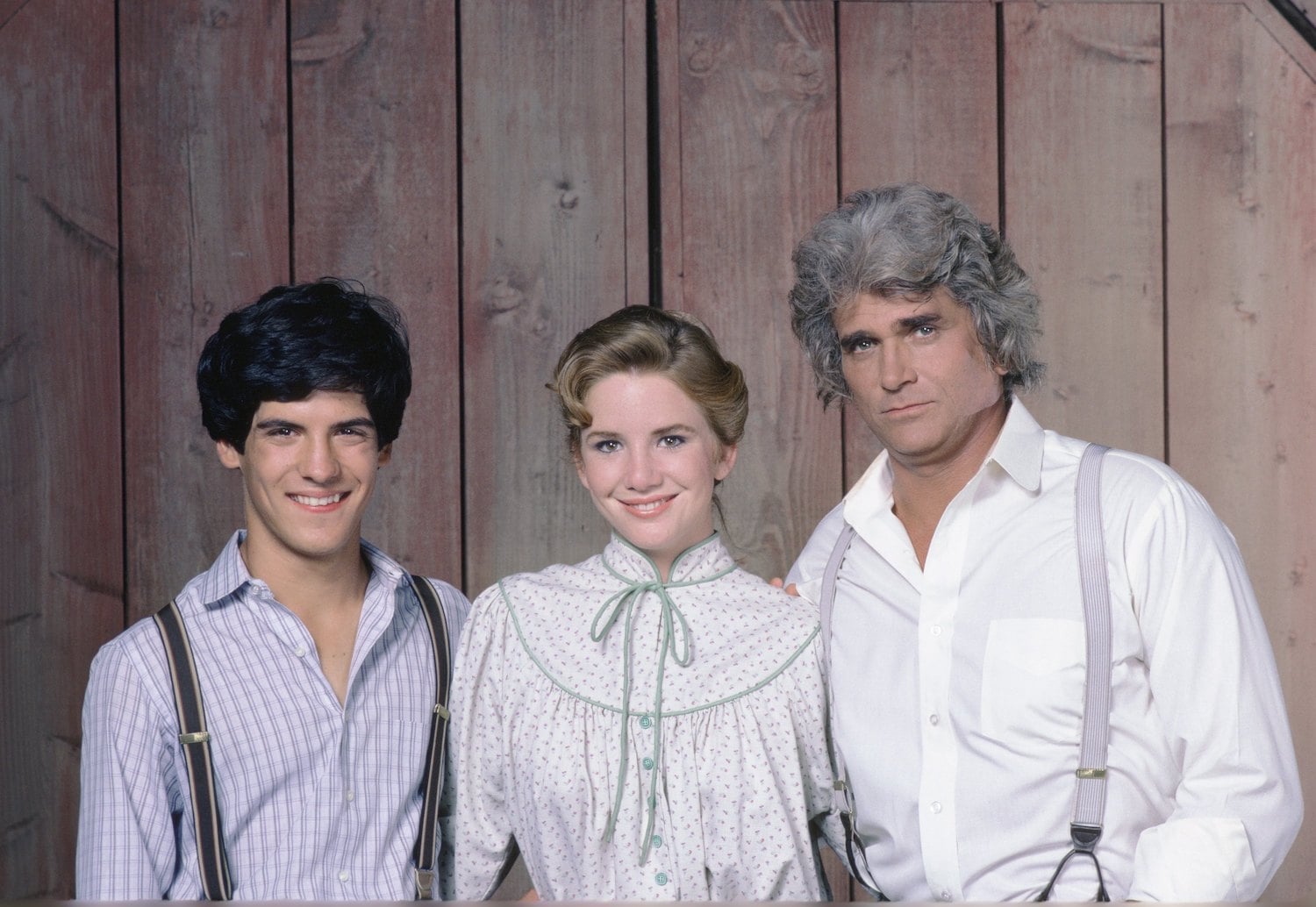In a stunning revelation that has left fans speechless, Michael Landon, the heart and soul behind Little House on the Prairie, has confessed the real reason behind the iconic show’s sudden and shocking end — and it had nothing to do with ratings or network executives. In an emotional interview, Landon revealed that the beloved series ended because he chose to end it, determined to protect its legacy from what he saw as inevitable corruption by Hollywood.

For years, viewers have speculated about why Little House on the Prairie — one of the most wholesome and successful shows in television history — came to an abrupt close in 1984. The truth, as Landon revealed, is both heartbreaking and profound. “They wanted to keep it going without me,” he said. “But Little House was never just a show — it was a piece of my heart. I didn’t want someone else turning it into something it wasn’t.”
Running from 1974 to 1984, Little House captured the essence of American family values, weaving stories of love, faith, and endurance against the backdrop of frontier life. But behind the scenes, pressure was mounting. Network executives demanded edgier, more sensational storylines to compete with the darker tone of 1980s television — a direction Landon fiercely resisted. “They wanted drama,” Landon recalled. “I wanted truth. And those two things don’t always mix.”
When NBC pushed for a reboot or continuation without his involvement, Landon made a fateful decision — to end the story on his own terms, in a way no one could ever undo. The final episode, “Little House: The Last Farewell,” stunned audiences when the townspeople of Walnut Grove blew up their beloved town rather than hand it over to a greedy land baron. It was a symbolic and defiant act — both in fiction and in reality.

“I destroyed the town,” Landon said bluntly, “because I didn’t want them to destroy the memory.”
Those who worked on the show recall the day the set was demolished as deeply emotional. “We were all crying,” one crew member said. “It felt like we were saying goodbye not just to a show, but to a way of life — to everything Michael stood for.”
Landon’s decision was also shaped by personal turmoil. During the show’s final seasons, he faced the pain of a high-profile divorce and the strain of balancing his private struggles with the immense pressure of leading one of television’s most beloved productions. Friends say the destruction of Walnut Grove mirrored his own desire for closure — a way to end things beautifully before they could turn bitter.

Even decades later, Little House on the Prairie continues to inspire generations, its themes of faith, perseverance, and humanity remaining timeless. But Landon’s revelation has added a haunting new layer to its legacy — a reminder that even the most cherished stories sometimes must end to remain pure.
As fans revisit the final scenes — the explosion, the tears, the haunting silence — they now see them in a new light. It wasn’t just a dramatic farewell. It was Michael Landon’s final act of love — a passionate and deliberate effort to preserve the soul of Little House on the Prairie forever.
“Some memories,” Landon once said, “are too precious to let anyone rewrite.”
And now, after all these years, fans finally understand exactly what he meant.





